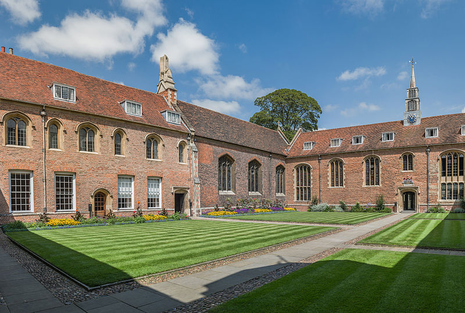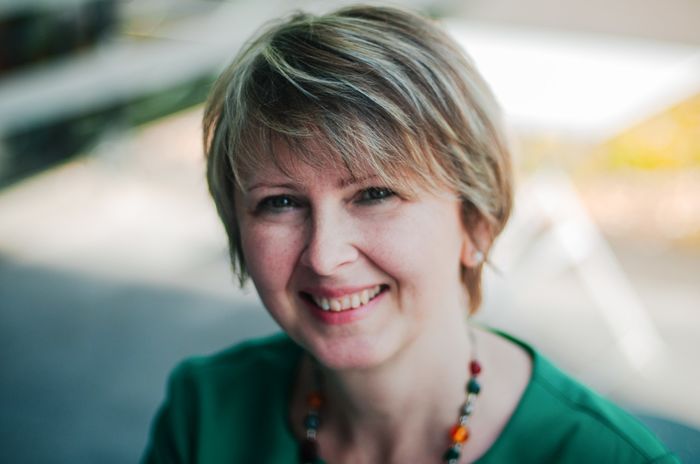Forgotten feminist writings discovered in Magdalene College
Mary Astell’s long-lost book collection had been hidden for three centuries in the Magdalene College library

A forgotten collection of books and pamphlets owned by proto-feminist writer Mary Astell have been found in the library of Magdalene College, Cambridge.
The 47 works had been lost for nearly three centuries amongst the 8,500 books and manuscripts in the Old Library of Magdalene College. They were identified by Catherine Sutherland, Deputy Librarian, in a recent survey of the Old Library holdings, who found their margins covered by Astell’s handwritten jottings.
Their annotations reveal Mary Astell’s lively and astute insights concerning politics, theology, and the philosophical writings of René Descartes, which track the trajectory of her writing career.
Prior to this discovery, there were few known survivors of Astell’s extensive book collection. After her death in 1731, Astell’s library was rumoured to have been left to Magdalen College, Oxford; yet, as the University of Cambridge announced yesterday (08/03) on Twitter, the collection has for all this time been hidden in plain sight at its sister college of the same name.
On #InternationalWomensDay, we reveal a newly discovered collection of rare books owned and annotated by "the first English feminist” Mary Astell: https://t.co/urCwOPJke6@magdalenealumni #IWD2021 #ChooseToChallenge #MaryAstell pic.twitter.com/beNj3SWy74
- Cambridge University (@Cambridge_Uni) March 8, 2021
A writer, philosopher and advocate for female education, Mary Astell is considered to be one of the first English feminists. In 1700, she wrote a radical treatise on marital gender inequality, Reflections Upon Marriage, in which she warned female readers that a husband was a “monarch for life”.
She also argued for the financing and founding of all-women residential colleges in an attempt to close the vast educational gap between the sexes. In 1709, she followed her own advice by establishing and becoming headmistress of a charity school for girls in Chelsea.
Catherine Sutherland said of her discovery: “Women’s book collections from this period are so rare but it is even more amazing to find one being used to advance a woman’s career as a writer. Magdalene’s collection represents the nucleus of Astell’s library, including the books that influenced her most.”
Mark Goldie, Emeritus Professor of Intellectual History at Cambridge, has called the finding a “bibliographic treasure trove”.
He added that: “As a published woman, engaging in polemic, Astell was rare in her time, brave too. Her books reveal a great deal: her reading, her responses, her political and religious commitments, her fluency in French, her grasp of the new philosophy of Descartes, and her engagement with science.”
It was an appropriate finding for International Women’s Day (08/03). Ruth Perry, a Professor of Literature at MIT and biographer of Mary Astell, has written that: “Students of feminist history especially will be grateful to Catherine Sutherland and Magdalene College, for recognizing this treasure and for carefully and methodically authenticating and documenting it.”
 News / Hundreds of Cambridge academics demand vote on fate of vet course20 February 2026
News / Hundreds of Cambridge academics demand vote on fate of vet course20 February 2026 News / University Council rescinds University Centre membership20 February 2026
News / University Council rescinds University Centre membership20 February 2026 News / Judge Business School advisor resigns over Epstein and Andrew links18 February 2026
News / Judge Business School advisor resigns over Epstein and Andrew links18 February 2026 News / Petition demands University reverse decision on vegan menu20 February 2026
News / Petition demands University reverse decision on vegan menu20 February 2026 News / Caius students fail to pass Pride flag proposal20 February 2026
News / Caius students fail to pass Pride flag proposal20 February 2026










